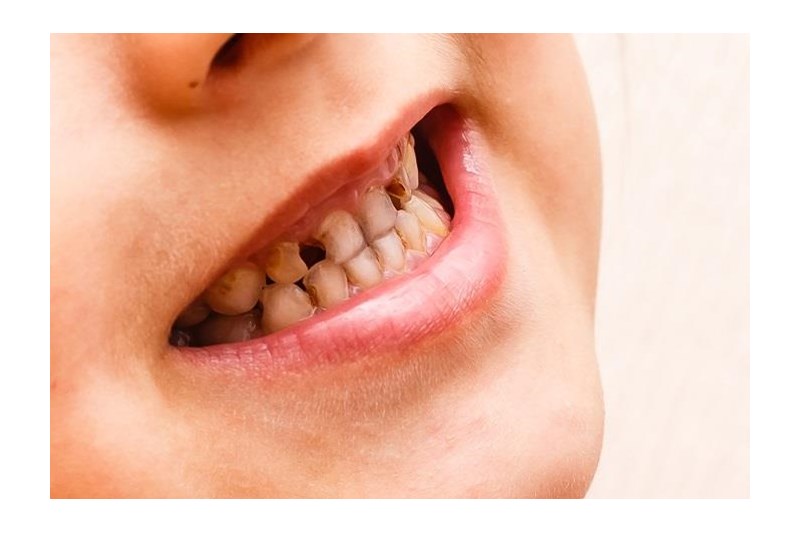“Youngsters are going to grow up missing teeth and having to wear a denture”
Published: 17/05/2022
NHS dentistry – specifically in relation to a lack of access for child patients – has been in the news recently, following reports of schools having to seek alternative dental care for their pupils, and the revelation that child tooth extractions have more than halved during the pandemic.
It appears the news is set to continue, with Mervyn Druian, a former NHS dentist who now practises privately, telling The Telegraph that the state of children’s NHS dentistry is “a scandal that has been ignored. In 35 years, I’ve never known it so bad. Youngsters are going to grow up missing teeth and having to wear a denture to replace them. It is a tragedy that a first world country is providing a dental service that would embarrass a third world country.”
With 2,000 dentists leaving the NHS in 2021, an increase of 951 from the previous year, it is clear that there is a growing shortage of dentists. However, the news outlet also explains that “This month, research by University College London revealed children are eating three times the amount of sugar they should be by age seven, with fruit juices and smoothies – which parents often assume are healthy – making up the greatest share of sugar in their diets.”
It continues, “This toxic combination has forced many to choose between paying for their offspring to go private or forfeiting visits altogether.”
Shabnam Zai, who works for a private dentist practice, is seeing an increasing number whose decay is too advanced for fillings. She told The Telegraph, “We’re doing more extractions. The youngest child came to us when he was three. His mother had been unable to get an NHS appointment during the pandemic.”
An NHS spokesperson said, “The NHS has been clear that dental practices must prioritise children, and we have taken unprecedented action throughout the pandemic to support dentists to continue to treat their patients. An additional £50 million was made available to support patients with urgent care needs in January – as well as income protection for practices unable to deliver their usual levels of activity – and anyone with concerns should contact their local dentist as they usually would or seek advice from NHS 111.”
Author: Josie Jackson













